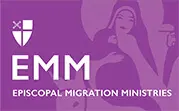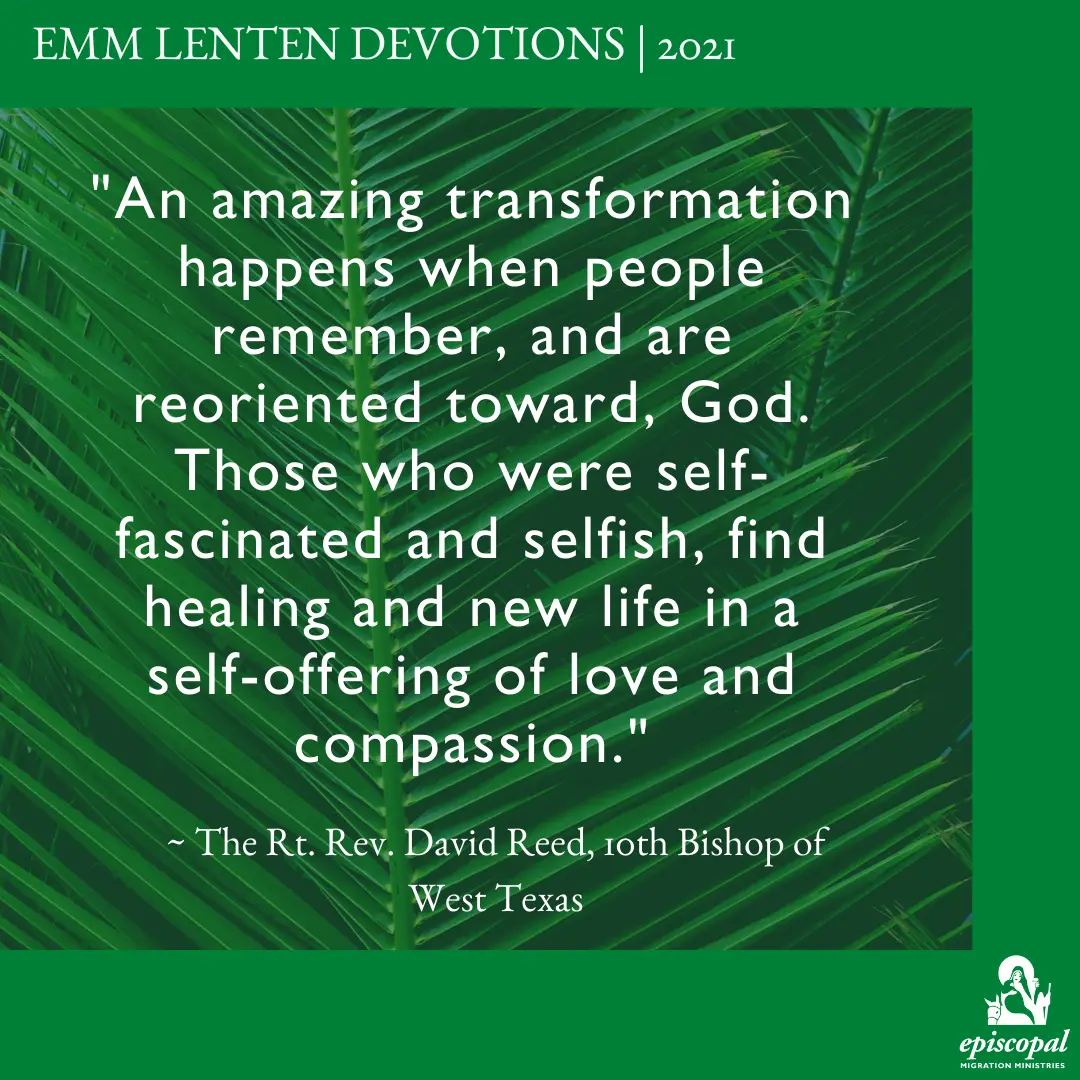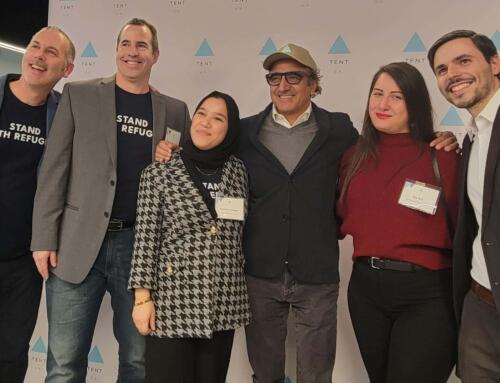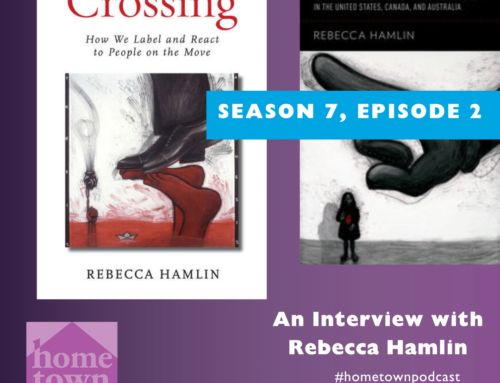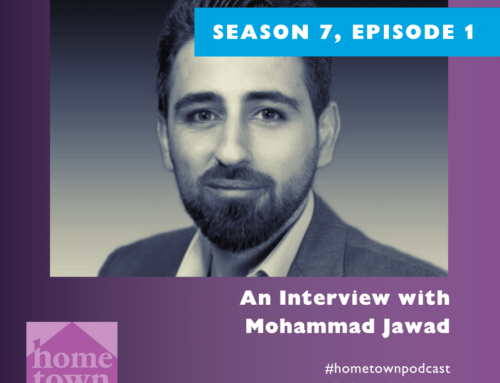Isaiah 58:12
Your ancient ruins shall be rebuilt;
you shall raise up the foundations of many generations;
you shall be called the repairer of the breach,
you shall be called the repairer of the breach,
the restorer of streets to live.
Reflection by The Rt. Rev. David Reed
God speaks an audacious word in Isaiah 58:12, a word of hope and challenge. God instructs Isaiah, “Declare to my people their rebellion and…their sins.” The judgement is specific and personal: “In the day of your fast you seek your own pleasure, and oppress all your workers…you fast only to quarrel and to fight and to hit with wicked fist.” (Is. 58:3-4)
God then describes the fast he desires. “Is not this the fast that I choose: to loose the bonds of wickedness, to undo the thongs of the yoke, to let the oppressed go free, and to break every yoke? Is it not to share your bread with the hungry, and bring the homeless poor into your house; when you see him naked, to cover him…?” Fast from fakery, self-righteousness and selfishness, and feast on kindness, justice and mercy. And then, “your light shall break forth like the dawn, and your healing shall spring up speedily…” (Is. 58:6ff.)
God’s people are broken, and their brokenness is breaking everyone around them. And yet, these are the “you” to whom God is speaking in today’s verse: “You will raise up a foundation,” and “you shall be called the repairer and restorer.” An amazing transformation happens when people remember, and are reoriented toward, God. Those who were self-fascinated and selfish, find healing and new life in a self-offering of love and compassion.
How do we hear this passage? If we put ourselves in the shoes of refugees and immigrants, we might wonder who will raise up for us a “new foundation” and repair and restore our brokenness. If we are those who minister to the above brothers and sisters, then we are likely trying to find more effective ways to serve them as repairers and restorers.
Jesus enters the walled city of Jerusalem on this holy day, announcing and fleshing out the promises of God in the face of all that is deadly and dehumanizing. To follow him on this pilgrimage is to be given different eyes with which to see.
Questions for reflection:
- What if we see refugees and immigrants as those upon whom God’s promise is resting?
- What “ancient ruins” in my life and yours are they waiting to rebuild?
- How are they offering to raise up new foundations, repairing and restoring the brokenness within and around us?
- How are they and we one and the same?
***
David Reed is the 10th Bishop of West Texas, which shares more than 400 miles of riverfront property with our neighbor, Mexico. He was born and raised in Brownsville, Texas, at the southernmost tip of the state. He has a Bachelor of Journalism degree from UT-Austin and his MDiv from Seminary of the Southwest. He loved being a parish priest and still misses it. He’s married to Patti and they have two remarkable young adult children. His hobbies are many and mostly not done.
